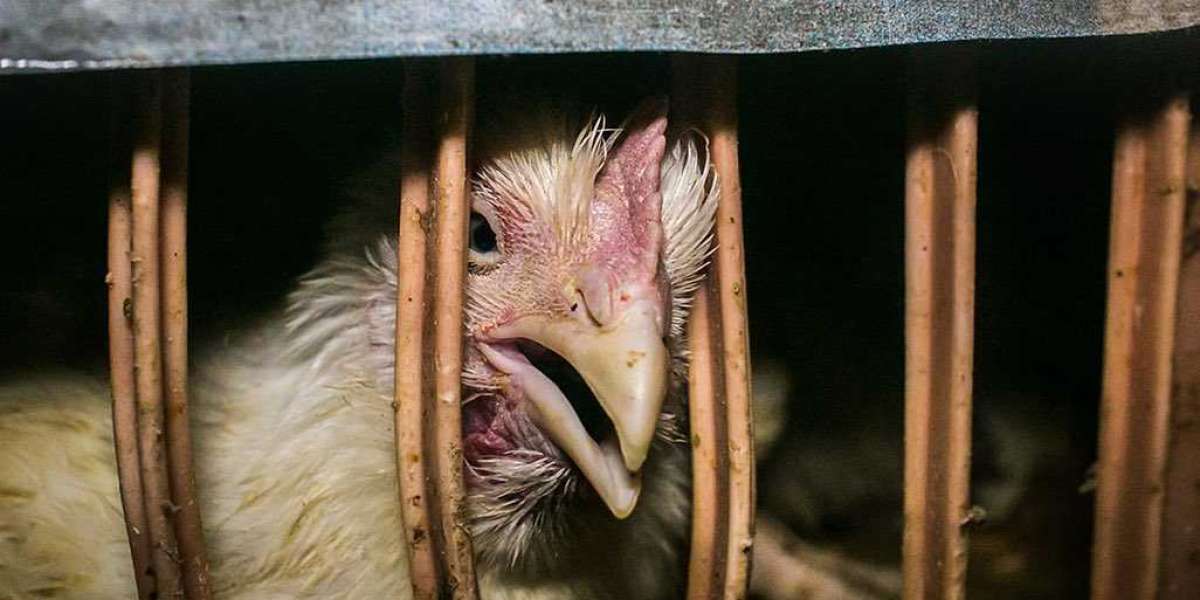Factory farming cruelty is a topic that continues to spark debates and ignite passions across the globe. As consumers become increasingly conscious of where their food comes from and the ethical implications of their choices, the spotlight on factory farming practices has intensified. This article delves into the depths of factory farming cruelty, shedding light on the often-hidden realities behind the mass production of meat, dairy, and eggs.
The concept of factory farming refers to the industrialized production of livestock, where animals are raised in confined spaces under intensive conditions. While proponents argue that factory farming is necessary to meet the demands of a growing population and ensure food security, critics highlight the inherent cruelty and environmental consequences associated with this method of production.
Factory farming cruelty encompasses a range of issues, from the overcrowded and unsanitary living conditions endured by animals to the routine use of antibiotics and hormones to promote growth and prevent disease. In these confined spaces, animals are deprived of their natural behaviors and social interactions, leading to stress, aggression, and psychological distress.
One of the most distressing aspects of factory farming cruelty is the widespread practice of dehorning, castration, and debeaking without anesthesia, procedures carried out to minimize injuries and aggression in overcrowded conditions. These painful procedures are often performed without regard for the welfare of the animals, resulting in unnecessary suffering.
Moreover, factory farming has significant environmental repercussions, contributing to deforestation, water pollution, and greenhouse gas emissions. The vast quantities of waste produced by factory farms, laden with antibiotics and pathogens, pose a threat to local ecosystems and public health.
Despite these concerns, the demand for cheap meat, dairy, and eggs continues to drive the expansion of factory farming operations. However, as consumers become more informed about the ethical and environmental implications of their food choices, there is growing momentum behind the movement towards ethical and sustainable alternatives.
By supporting local farmers who prioritize animal welfare and environmental stewardship, consumers can play a crucial role in promoting a more compassionate and sustainable food system. Choosing organic, pasture-raised, and free-range products is a step towards reducing the demand for factory farmed goods and supporting more humane farming practices.
In conclusion, the issue of factory farming cruelty is a complex and multifaceted one, with far-reaching implications for animals, the environment, and human health. By shining a light on the harsh realities of factory farming and making informed choices as consumers, we can collectively work towards a more ethical and sustainable future for food production.








